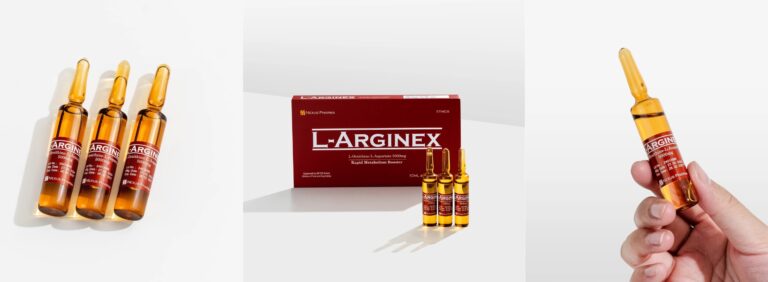How does Thioctic acid benefit the body during skin whitening treatments?
Thioctic acid, also known as alpha-lipoic acid, is a powerful antioxidant that has been shown to have numerous benefits for the body. One of the most notable benefits of thioctic acid is its ability to improve skin health and promote skin whitening.
A natural and effective alternative to skin whitening
Skin whitening treatments are becoming increasingly popular, especially in countries where fair skin is highly valued. However, many of these treatments can be harsh and damaging to the skin. Thioctic acid offers an effective alternative that can help to brighten and lighten the skin without the risks associated with traditional skin whitening treatments.
Thioctic acid works by inhibiting the enzyme tyrosinase, which is responsible for the production of melanin, the pigment that gives skin its color. By reducing the activity of tyrosinase, thioctic acid can help to prevent the formation of dark spots and hyperpigmentation, while promoting a brighter, more even skin tone.
Not just for skin whitening
In addition to its skin whitening effects, thioctic acid also has a range of other benefits for the skin. It is a powerful antioxidant, meaning it helps to protect the skin from damage caused by free radicals, which can lead to premature aging and wrinkles. Thioctic acid also helps to increase collagen production, which can improve skin elasticity and firmness, resulting in a more youthful and radiant complexion.
Thioctic acid is also beneficial for overall health, as it can help to improve insulin sensitivity, lower blood sugar levels, and reduce inflammation throughout the body. This makes it a great supplement for those with diabetes or other inflammatory conditions.
If you’re looking to achieve a brighter, more even skin tone without the risks associated with traditional skin whitening treatments, thioctic acid may be the answer. As with any supplement, it’s important to speak with your healthcare provider before adding thioctic acid to your regimen, to ensure that it’s safe for you to take and to determine the appropriate dosage.




